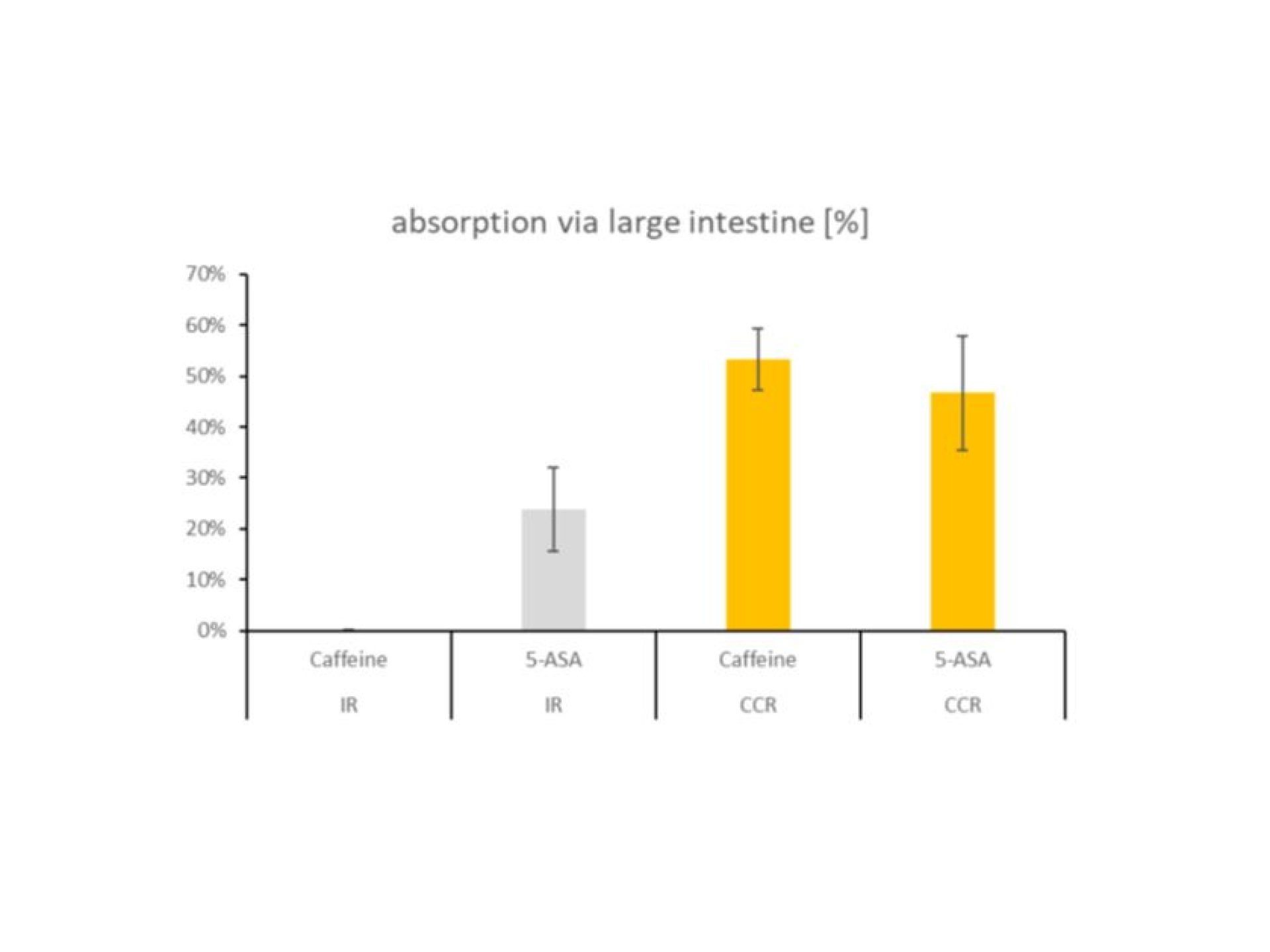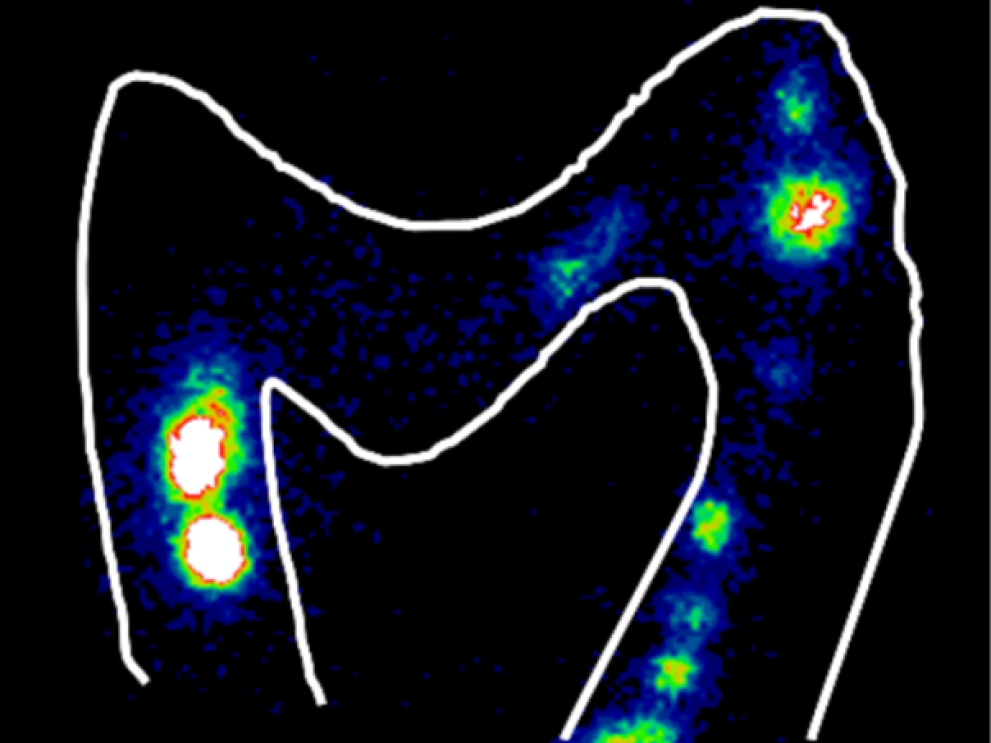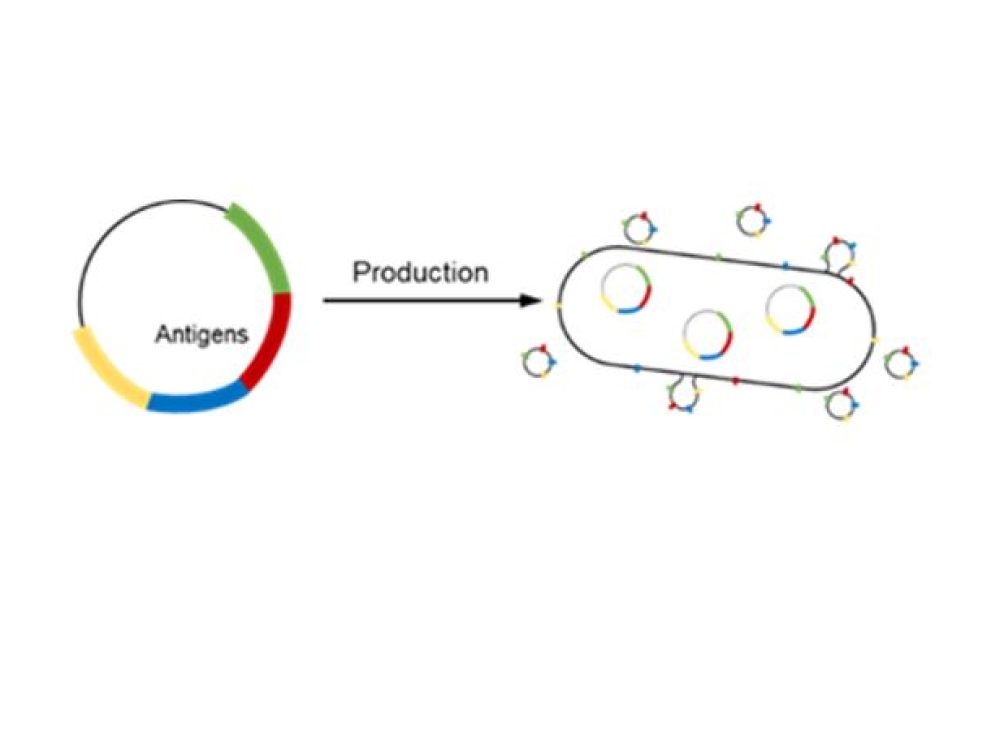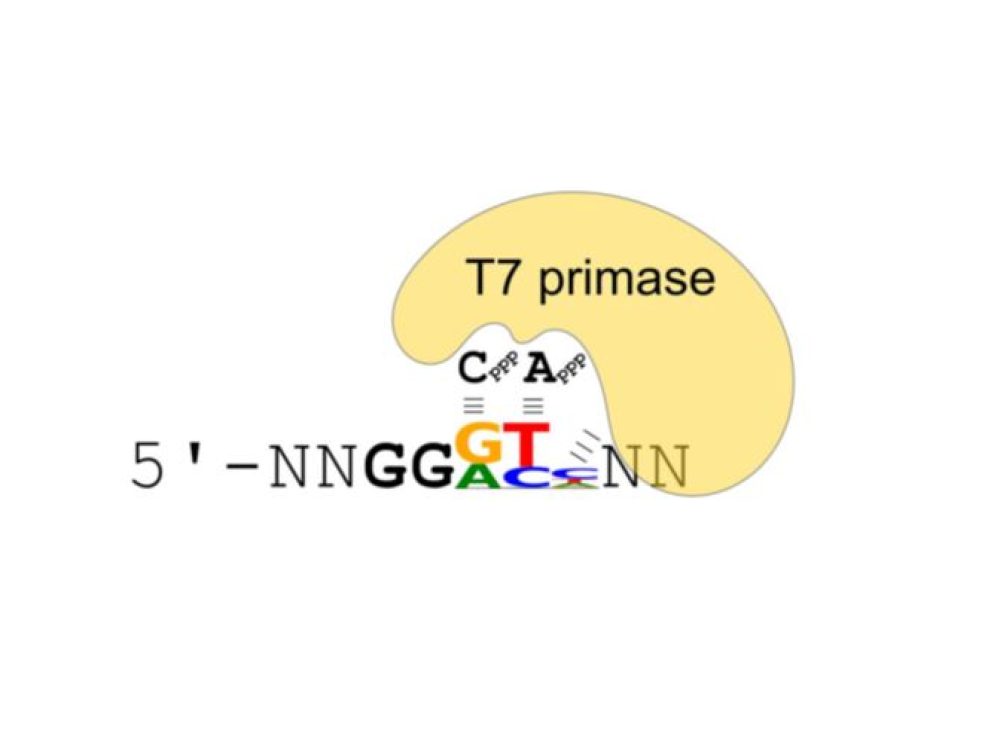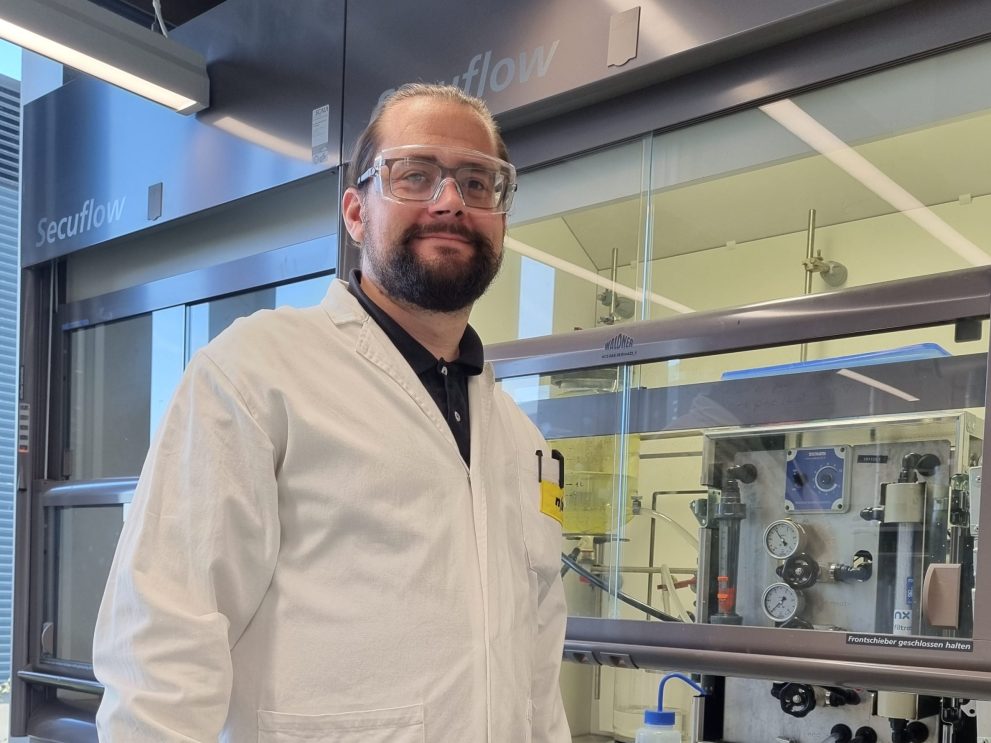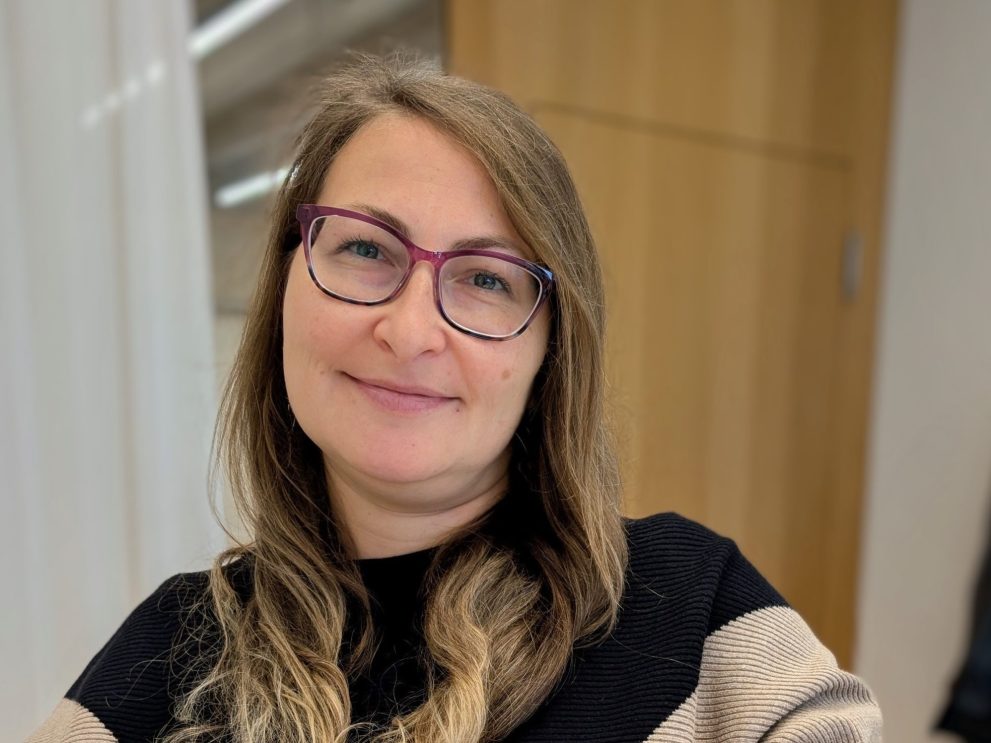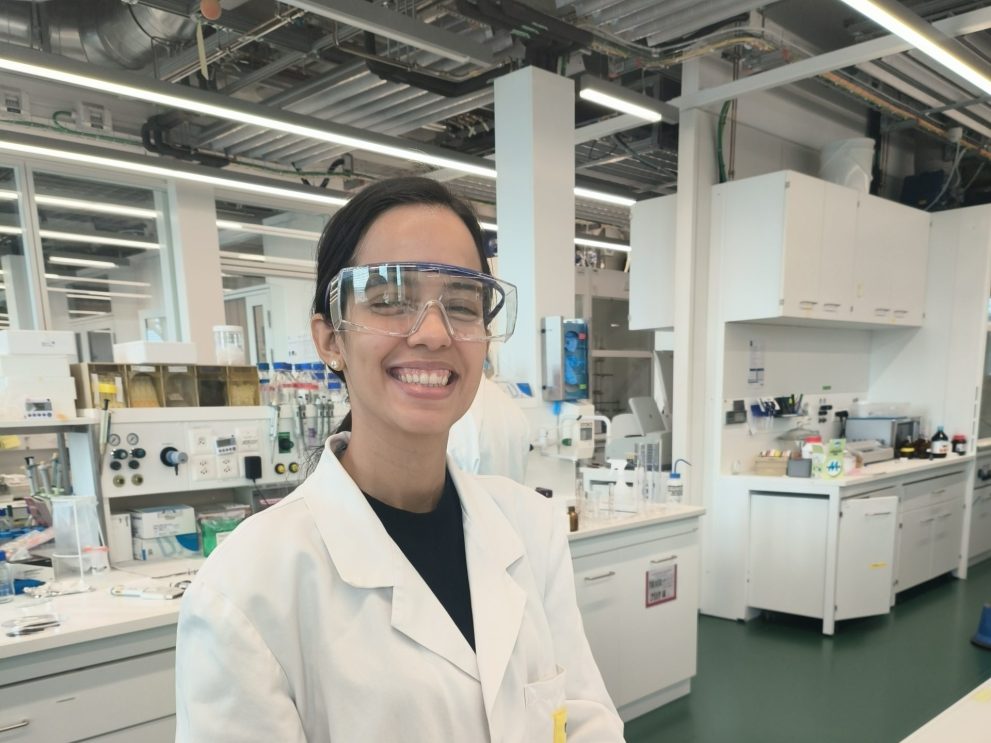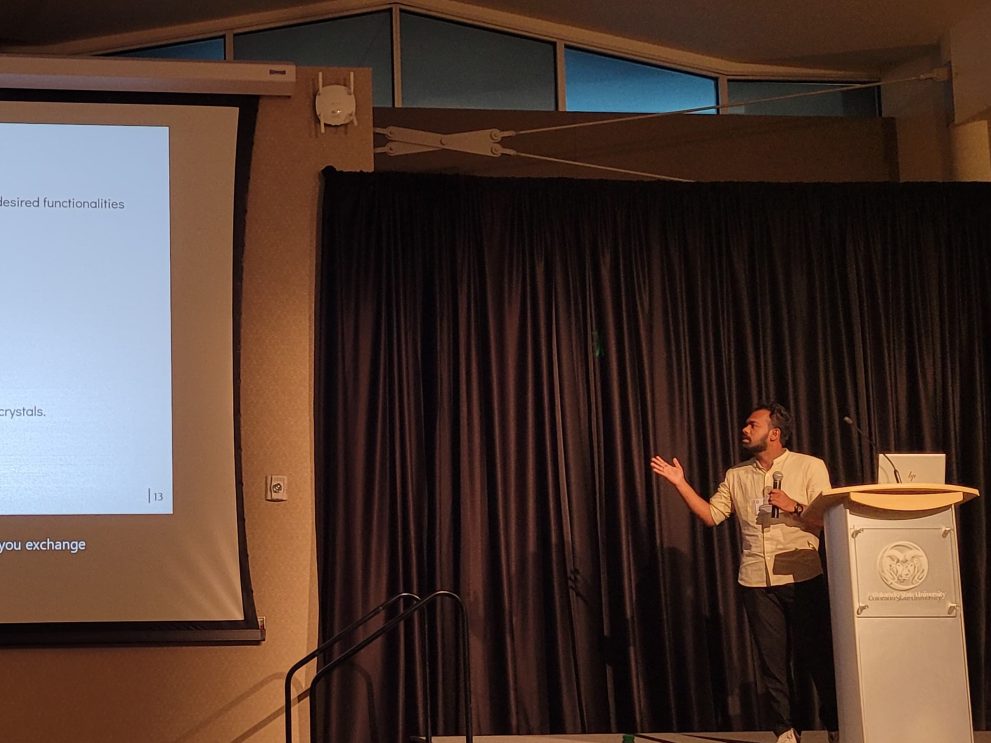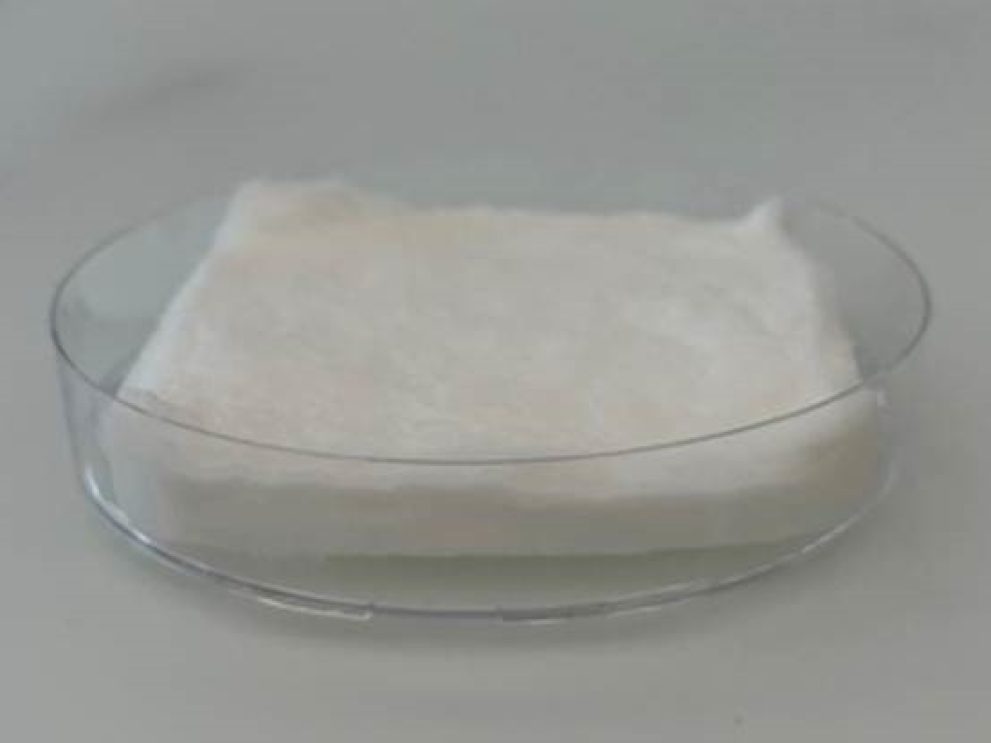Further articles
Targeted vitamin delivery to the microbiome for improved gut health
The human gut microbiome has an important nutritional role by enabling the digestion of carbohydrates mostly stemming from plant cell walls. A balanced a diverse composition of the microbiome is crucial for gut health and influences the well-being. The groups of Prof. Imanidis (IPT) and Prof. Lipps have developed a…
Development of a novel Vaccine Platform using Outer Membrane Vesicles
Outer membrane vesicles (OMV) are small vesicles (diameter ~ 100nm) which are released by gram-negative bacteria. As the surface of the vesicles is very similar to the surface of the bacteria the vesicle may trigger an immune response against the bacteria while being safe as they are non-replicative and non-infectious.
Machine Learning to Decipher the Sequence Specificity of Primases
Primases play a crucial role in DNA replication and are possible drug targets for proliferating cells such as cancer cells. The specificity of primases for their template is limited and only poorly investigated. Using a previously published protein binding microarray (PBM) dataset (Soffer et al., 2021) we could define the…
Welcome to Marta Maria Alves Pereira
Marta Maria Alves Pereira PhD candidate Ms Marta Maria Alves Pereira has been awarded a scholarship from the CAPES Foundation, an agency under the Ministry of Education of Brazil, to spend one month at the Group of Biointerfaces led by Prof. Dr. Oya Tagit. Marta will develop and characterize…
Congratulations Ajmal Roshan on receiving the Swiss Chemical Society (SCS) travel award
SCS Chemistry Travel Award Congratulations to Ajmal Roshan on receiving the Chemistry Travel Award 2024 from SCNAT and the Swiss Chemical Society (SCS) to attend the 45th International Conference on Coordination Chemistry (ICCC) at Colorado State University, Fort Collins, USA. At the conference, he delivered an insightful talk on…
Thermoresponsive hydrogel engineerineng
Polymeric hydrogels represent a fascinating form of materials that are able to bind water in a polymeric matrix. The very fact that water is bound in this form allows the manipulation of water storage and release as well as properties such as viscosity. For polymers with stimuli responsive behaviour, these…
